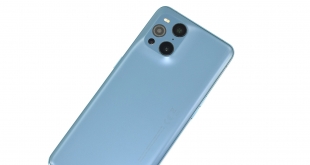If I ran a poll asking our readers what features are most important to them when purchasing a new smartphone, I would be willing to bet the top three would be the display, chipset and the brand of phone. However researchers at NEC have found embedded flash memory modules and MicroSD cards have rather large influences on smartphone performance, instantly pushing my personal opinion of flash storage up many places in this virtual poll.
Depending on how well the storage medium performed, Wi-Fi performance varied between 100% and 300% across applications. In one extreme case performance had a variation of over 2000%. The researches analysed this performance while running common applications including the browser, Google Maps, email, Facebook and application installation. When browsing over Wi-Fi performance varied by 187%.

The researchers at NEC found that a MicroSD's speed class is largely irrelevant, they found that some higher classed cards performed worse than lower classed ones. Poorer performing storage was also discovered to consume more of the CPU's resources, resulting in greater power drain.
According to the research team a way to solve this problem would be to use phase-change random access memory (PRAM) which is better at managing random data writes. PRAM is basically the mobile equivalent of Solid State Drives in the PC world.
Kitguru says: This should come as no real surprise to many, after all what happens when you have a slow HDD in your PC? Performance system-wide is decreased.
 KitGuru KitGuru.net – Tech News | Hardware News | Hardware Reviews | IOS | Mobile | Gaming | Graphics Cards
KitGuru KitGuru.net – Tech News | Hardware News | Hardware Reviews | IOS | Mobile | Gaming | Graphics Cards


